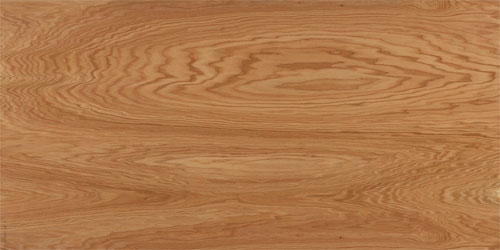Plywood consisting of thin laminates of wood glued in layers at.
What does hardwood veneer mean.
And certain cuts such as burls are structurally unsound as a solid piece of wood.
The thin sheets are also known as veneer.
Ansi hpva hp 1 2004 is available from the hardwood plywood veneer association p o.
Important information about veneer vs solid wood.
This modern veneer looks like typing paper it is almost transparent and can never be sanded refinished or significantly touched up if damaged.
What follows is a general description of the grade categories from the hpva.
Real wood is the most attractive substrate for veneers although it may not be as stable as plywood.
The best and most interesting logs are cut into veneer typically this is an economic decision.
Whenever you are doing your project in a natural finish or even a light stain it is important to recognize that veneers will often not match the solid wood pieces of your project.
In veneer plywood the direction of the grain in adjacent plies is normally at right angles with the outer and inner plies placed symmetrically on each side of a central ply or core.
Veneer core is defined as plywood in which all the plies are made of veneer orientated with their plane parallel to the surface of the panel.
Important information about veneer vs solid wood.
Sellers and veneer makers can make more money from a high quality log that is sliced into veneer than they can from sawing it into boards.
All hardwood plywood has a face and back veneer of hardwood but the core can vary.
Rotary peeled veneers are often found on entry level products.
Rotary peeled vs sawn cut veneer.
Veneers make it possible to match grain patterns or create designs.
Here s what you need to know about the different plywood cores available.
Wood veneers should not be confused with faux veneers.
Hardwood veneers are a heavy influence on the cost of engineered wood production.
The most common type of plywood core is made up of layers of veneer typically fir in the west poplar in the east and aspen in the northeast.
Starting about 1970 industrial furniture manufacturers developed the technique of gradually making veneer thinner and today hardwood veneers are as thin as 1 64 of an inch.
In woodworking veneer refers to thin slices of wood and sometimes bark usually thinner than 3 mm 1 8 inch that typically are glued onto core panels typically wood particle board or medium density fiberboard to produce flat panels such as doors tops and panels for cabinets parquet floors and parts of furniture they are also used in marquetry.
Box 2789 reston va 20195 703 435 2900.
For details about individual species refer to the standard.

